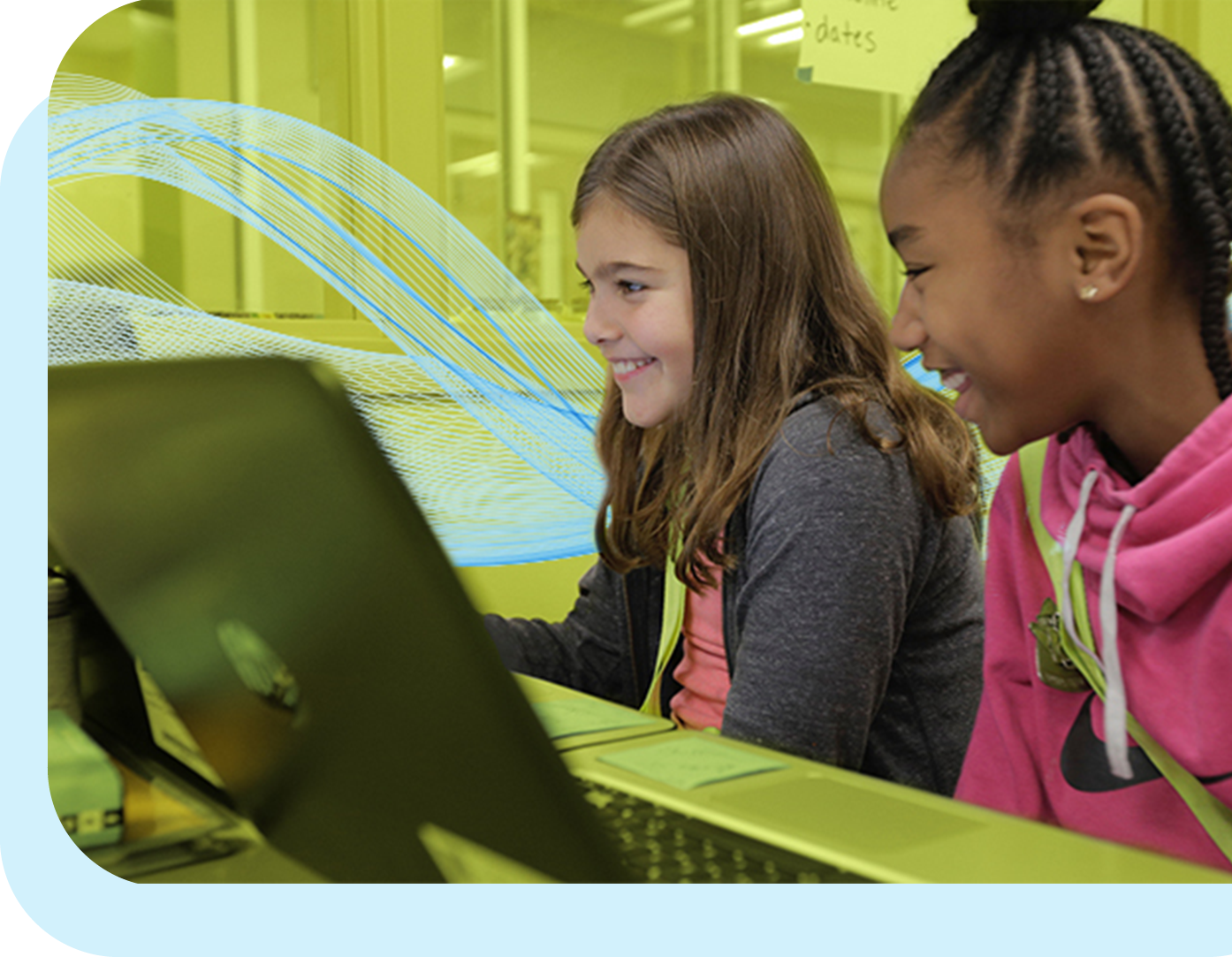
Storiza
Storiza was developed for the 2023 Visionary Interdisciplinary Teams Advancing Learning Prize Challenge (the “VITAL Prize Challenge”) co-organized by the National Science Foundation and Digital Promise. Storiza is a reading app that leverages children’ creativity to facilitate reading practice and improve ORF of elementary school children. Using generative AI, Storiza creates and illustrates stories based on child-generated prompts that are aligned with the child’s interests and the University of Florida Literacy Institute (UFLI) curriculum, allowing students to read stories that match each of UFLI’s 128 lessons. With Storiza, children maintain a higher child engagement, practice with stories addressing specific phonic skills, and receive formative feedback. Storiza incorporates assistive technologies, such as text-to-speech and text chunking, to ensure the success of children with learning differences.
Because it allows children to personalize stories according to child interests, Storiza can increase engagement and maintain child motivation. Allowing children to create their own stories for reading practice also addresses the limitation of current ITS that rely on algorithms that do not fully account for child preferences. Furthermore, personalization of stories for reading practice allows culturally relevant instruction because the linguistic and cultural backgrounds of children will be reflected in the stories they create. Personalization of stories also encourages children’s creativity and indirectly helps with writing because choosing story topics is an aspect of writing.
We are currently developing a stealth assessment of oral reading fluency (ORF) and collecting validity evidence. Stealth assessment, a type of formative assessment, seeks to measure students’ abilities without students participating in formal educational testing. This innovative, emerging assessment methodology can be critical to advanced learning technologies (ALT), such as intelligent tutoring systems and educational games. The assessment is embedded into the fabric Storiza, and in an ongoing manner, the generated learner interaction data can be used as evidence to guide teacher practice.

Collaborators

Dr. Walter Leite, Ph.D. (PI), School of Human Development and Organizational Studies, College of Education, focuses on causal inference using machine learning and log data from virtual learning environments and intelligent tutoring systems. He has published extensively on model-based approaches to estimate the effects of virtual learning environments on student achievement using propensity score analysis, multilevel modeling, structural equation modeling, and finite mixture modeling.

Dr. Laurie M. Gauger, Ph.D., CCC-SLP (Co-PI) – Department of Speech, Language, and Hearing Sciences, College of Public Health and Health Professions, is the Director of the UF Reading Disabilities Program and is an expert in the identification and treatment of children and adolescents with reading disorders such as dyslexia. She has led a semester-long and intensive 4-week summer intervention program offering one-to-one reading tutoring to children with dyslexia.
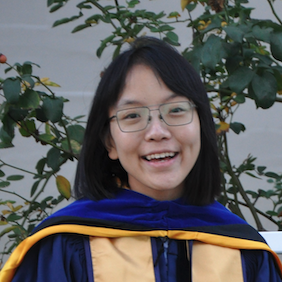
Dr. Zoey Liu, Ph.D. (Co-PI), Department of Linguistics, College of Liberal Arts and Sciences, is a computational linguist who studies language typology, language learning, and multilingual NLP. She leads the Computational Linguistics Lab, which focuses on studying and developing resources for lesser-studied languages. She also has relevant experience working with neurodivergent populations, leveraging computational tools to automatically characterize the pragmatic and communicative features in the language of adults with autism spectrum disorders.
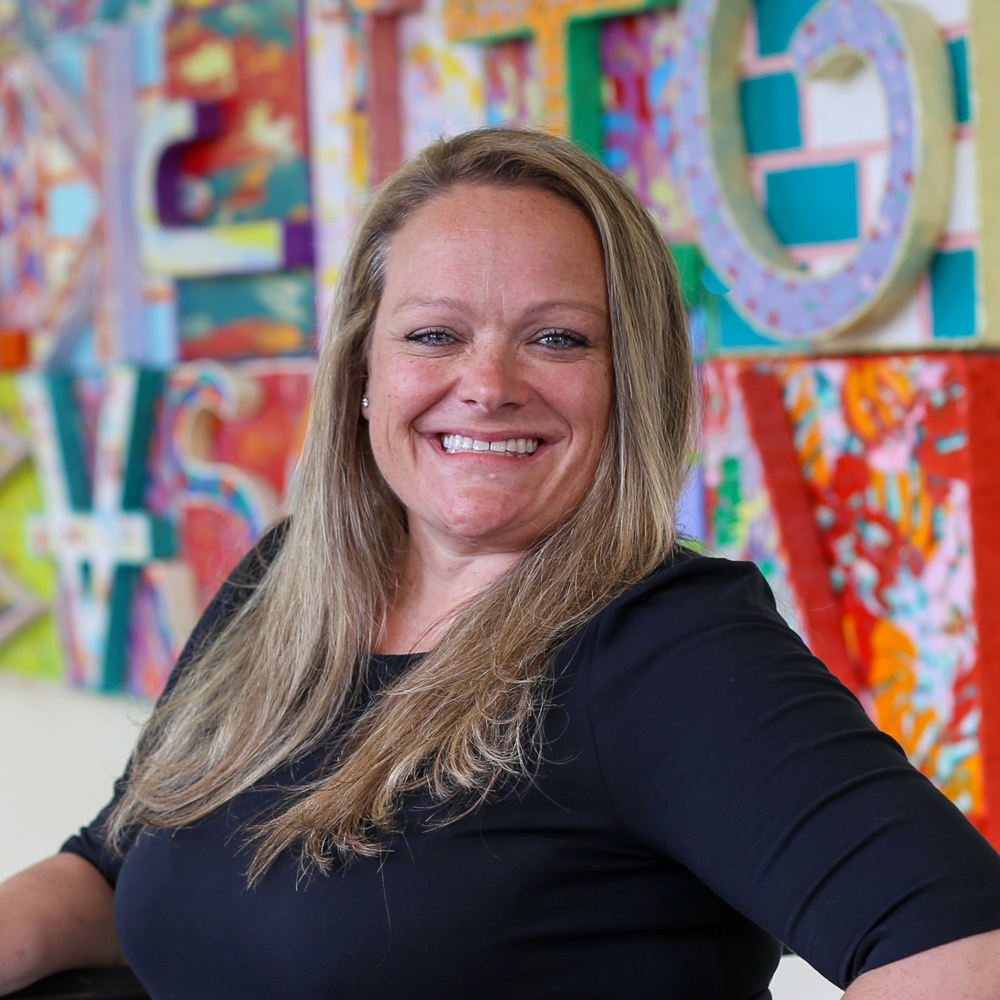
Dr. A. Corinne Huggins-Manley, Ph.D. (Co-PI), School of Human Development and Organizational Studies, College of Education, studies educational measurement, particularly concerning validity and fairness issues. She has published research on methods for ensuring strong validity and fairness evidence in technology-enhanced assessments and research on developments in fairness as a lack of statistical bias.
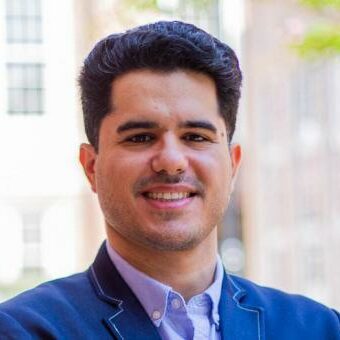
Dr. Seyedahmad Rahimi, Ph.D., (Co-PI), School of Teaching and Learning, College of Education, focuses on assessing and fostering students’ 21st-century skills (e.g., creativity) and STEM-related knowledge acquisition (e.g., physics understanding). Toward that end, Dr. Rahimi designs, develops, and evaluates immersive learning environments (e.g., educational games) equipped with Stealth Assessment and Educational Data Mining, Learning Analytics, and Natural language Processing models.

Dr. Stephanie Snidarich, Ph.D. (Co-PI), Lastinger Center for Learning, College of Education, is a Researcher/Senior Research Coordinator for the UF Lastinger Center for Learning. She is a licensed special educator with expertise in learning, behavior, and effective reading instruction for children with and without disabilities. Dr. Snidarich has applied her expertise to the development, research, and evaluation of reading interventions, technology-based reading applications, and professional learning experiences for educators.

Dr. Matthew Schmidt, Ph.D. (Collaborator), is jointly Appointed in the College of Education and College of Pharmacy at the University of Georgia. His primary research interest includes design and development of innovative educational courseware and computer software, focusing on individuals with disabilities, their families, and their providers. His secondary research interests include learning in extended reality (including virtual, augmented, and mixed reality) and Learning Experience Design.
Student Collaborators
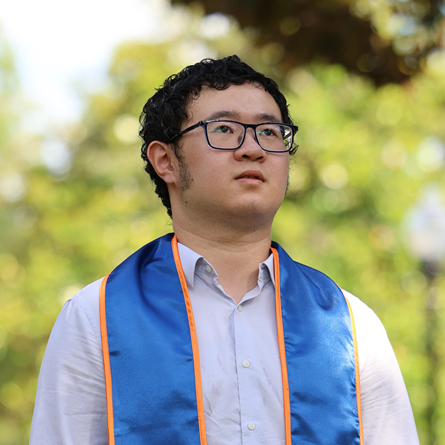
Qian Shen
Ph.D. Student
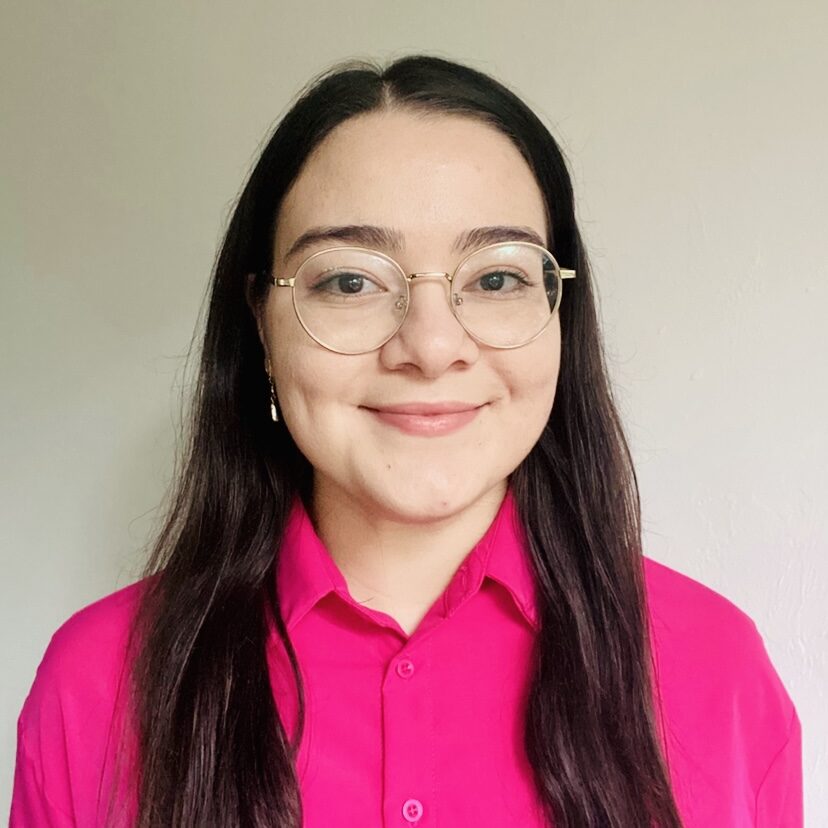
Hatice Kubra Karakis
Master's Student
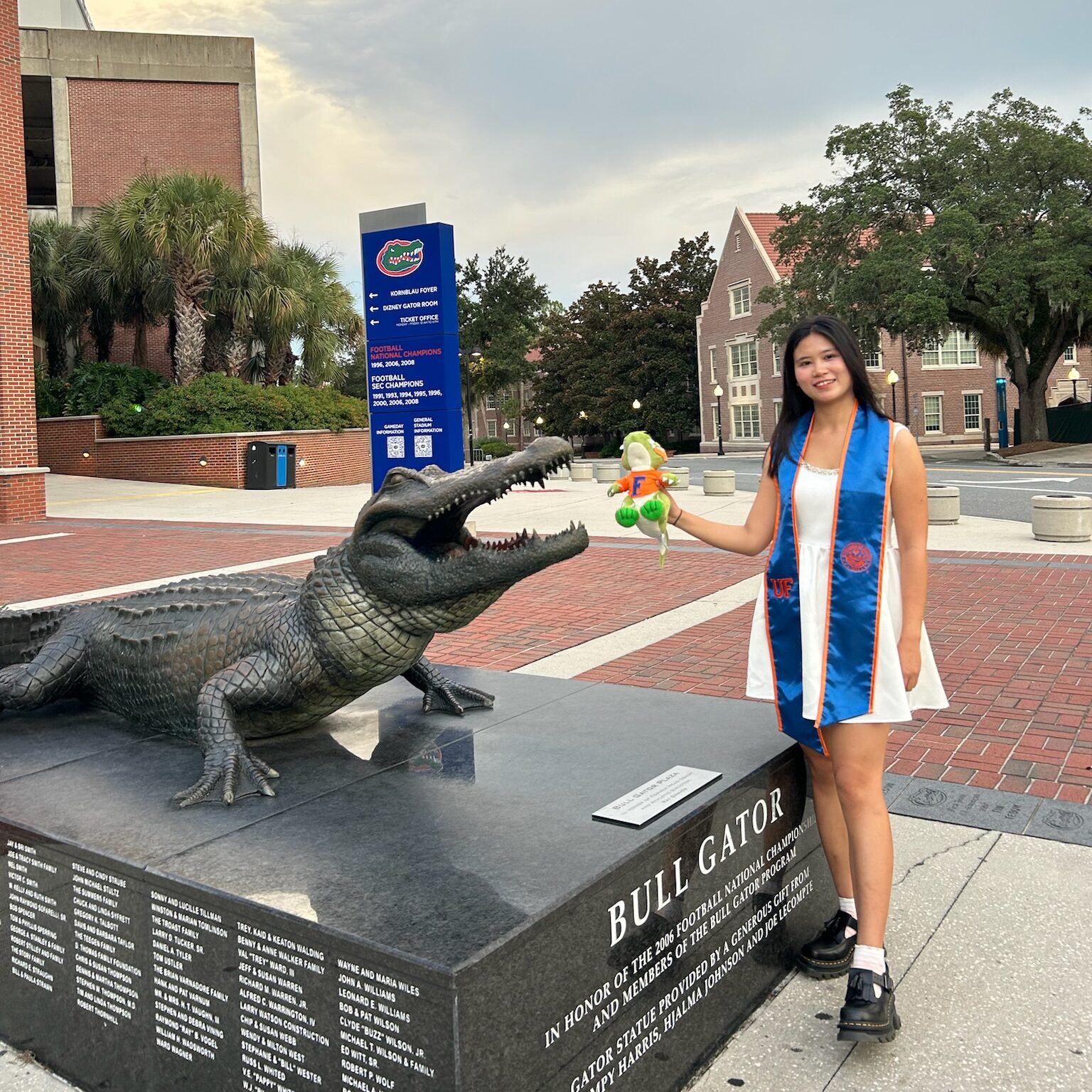
Xinyi Tai
Master's Student
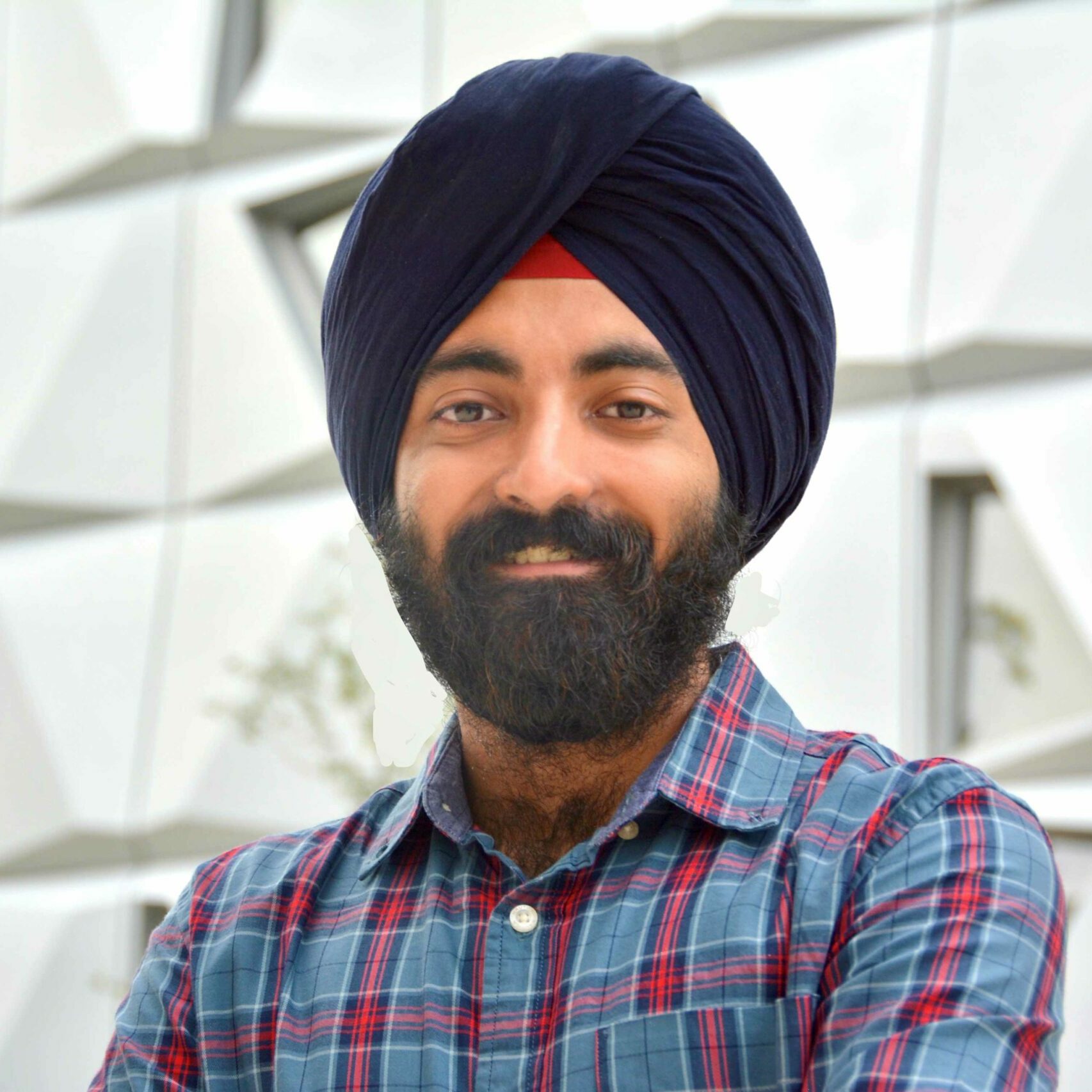
Ishtmeet Singh Arora
Master's Student
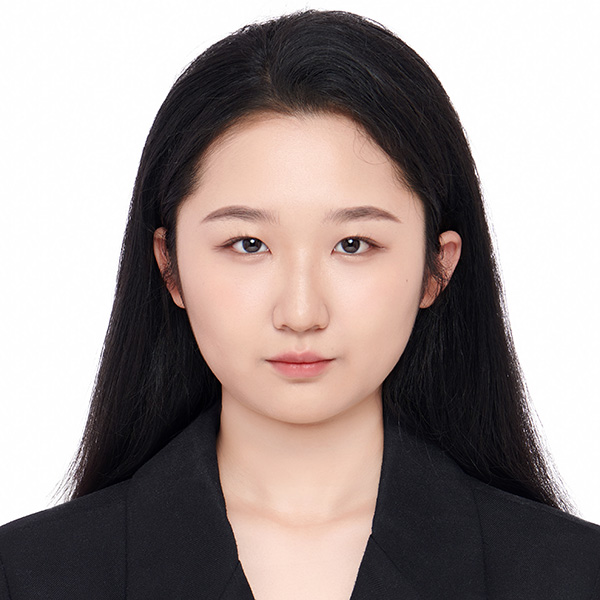
Mufan Sun
Master's Student

Ghnaim, Layth I.
Undergraduate Student
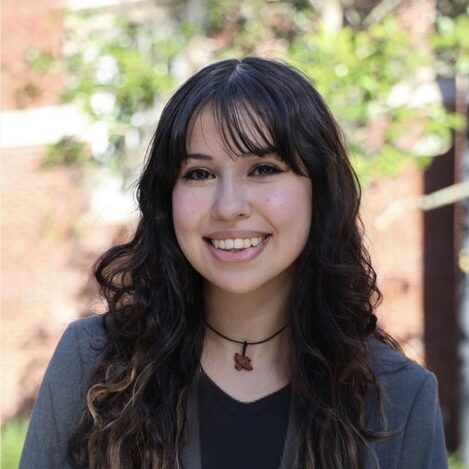
Casillas, Alejandra
Undergraduate Student
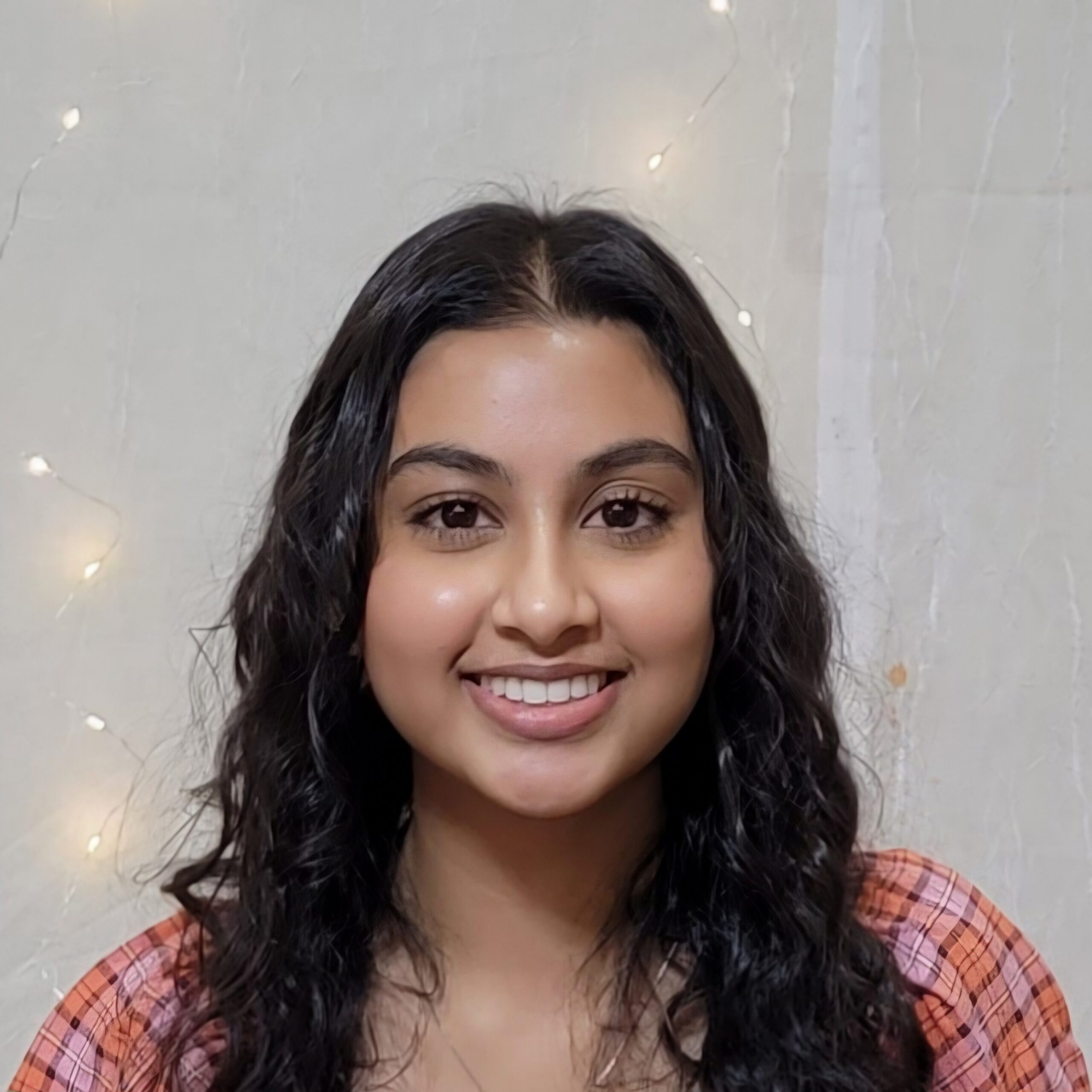
Mundrathi, Ananya
Undergraduate Student
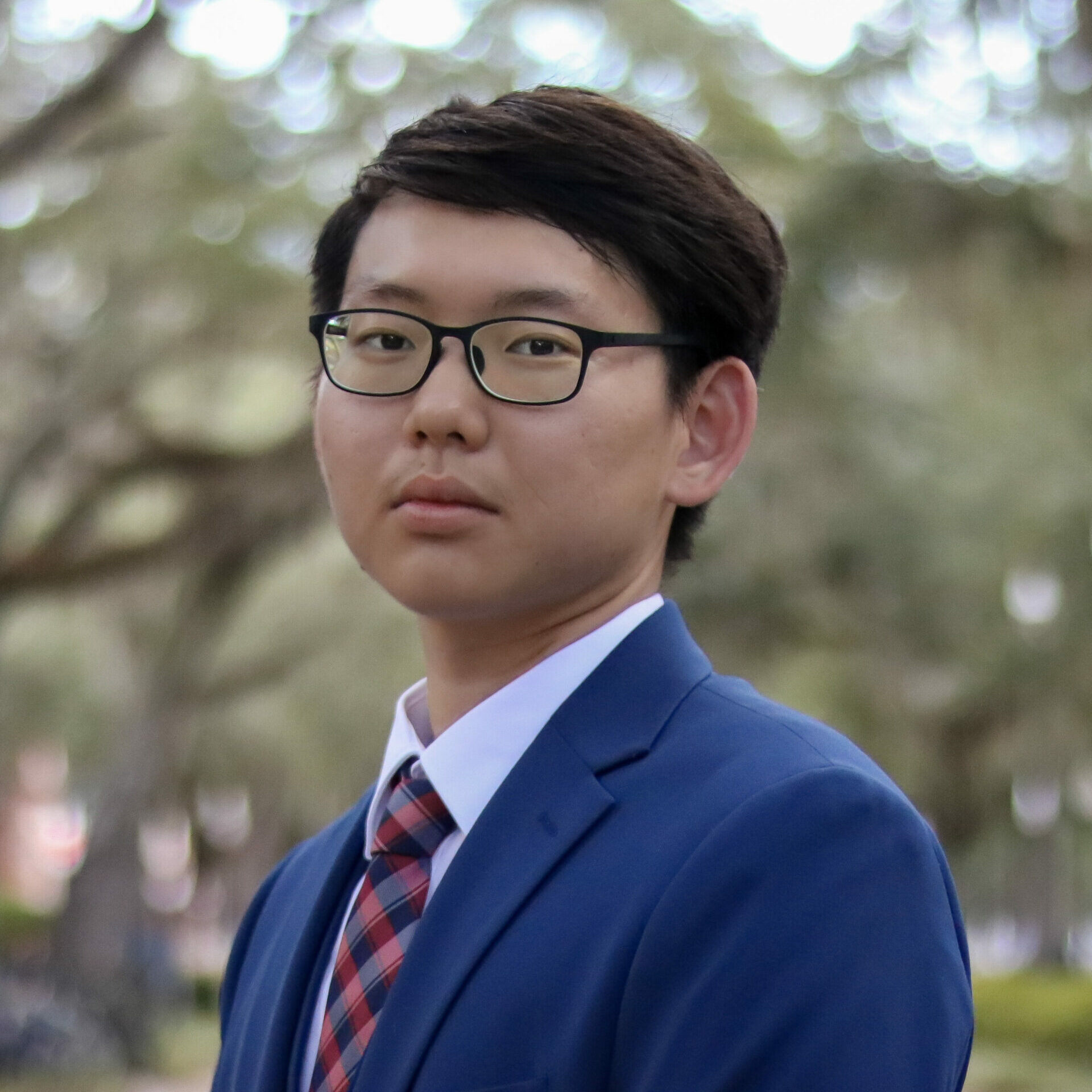
Lee, Wonchae
Undergraduate Student

Magnan, Jaiden C.
Undergraduate Student
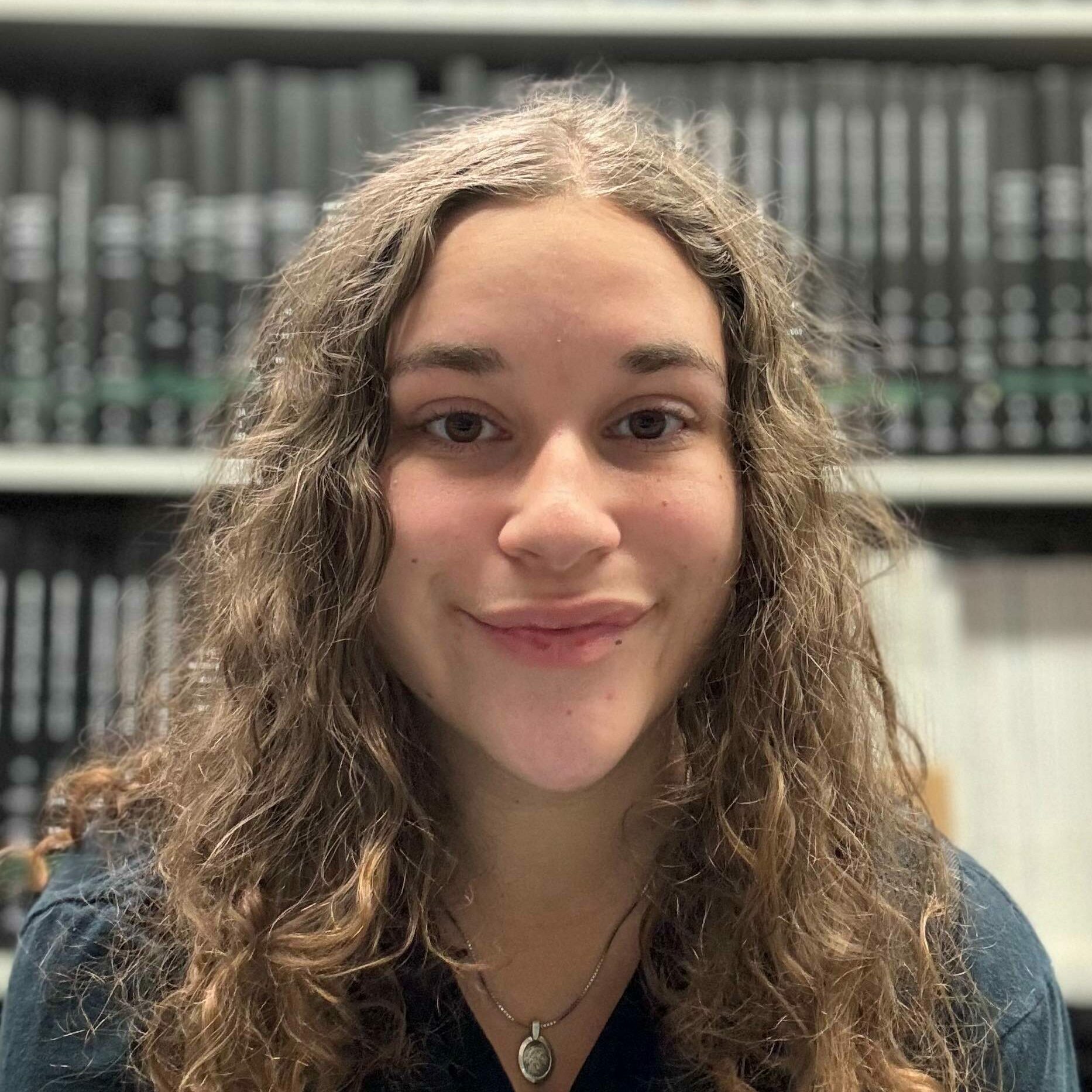
Schwartz, Olivia S.
Undergraduate Student

Lusvardi, Liliana M.
Undergraduate Student
Staff
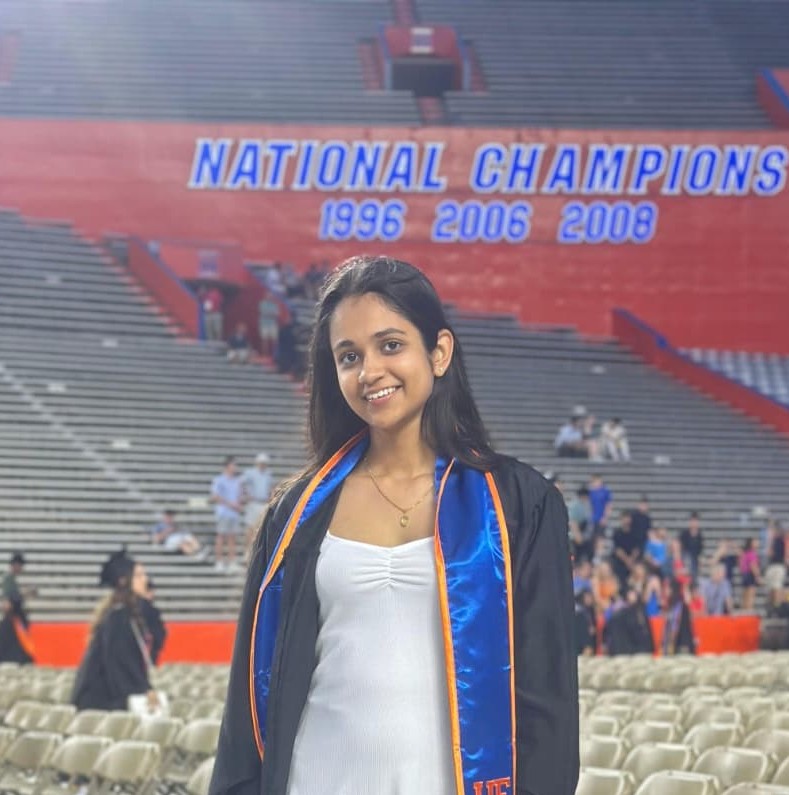
Vaidehi Sudele
Web Developer
Interested in joining our team?
